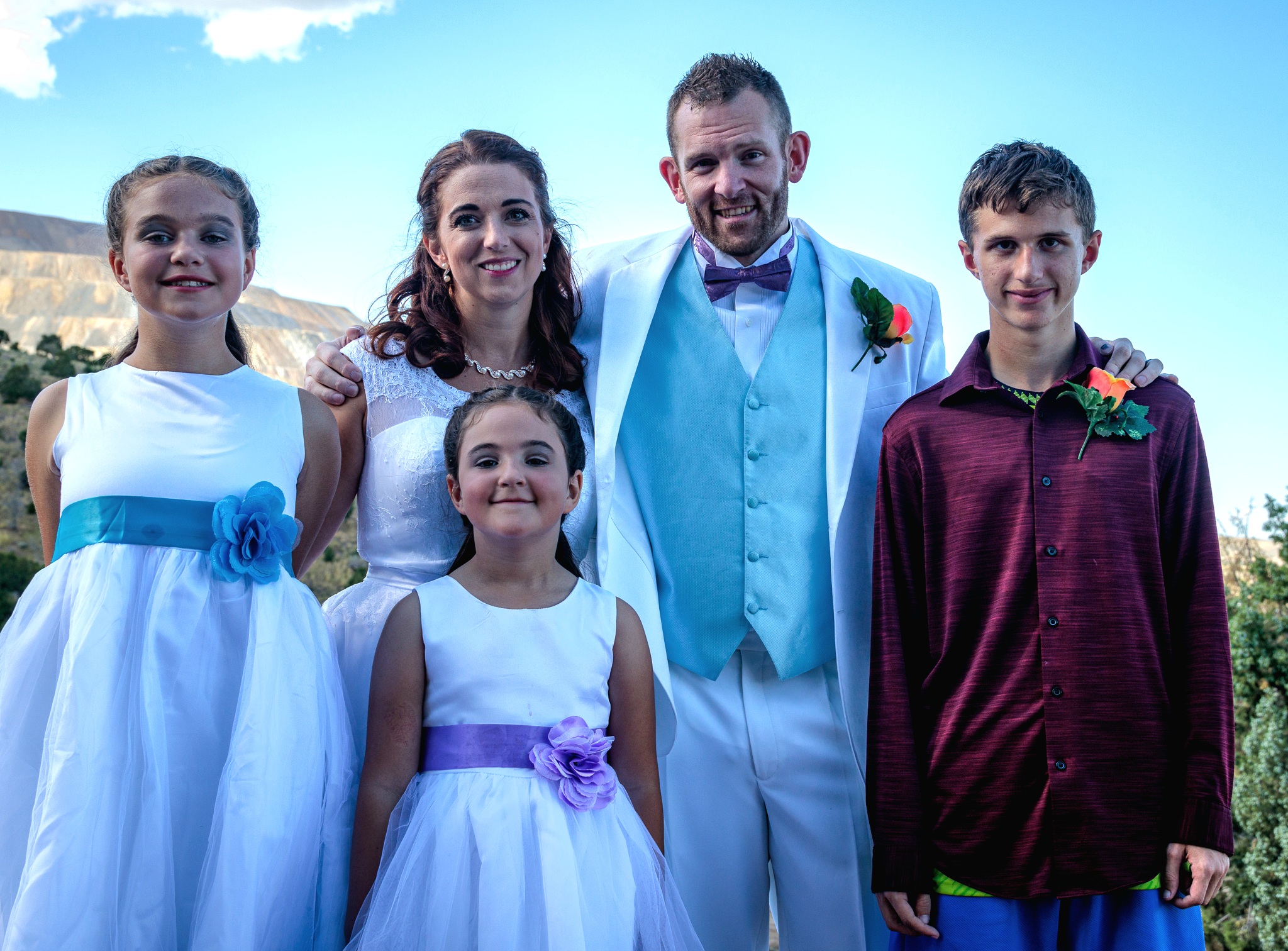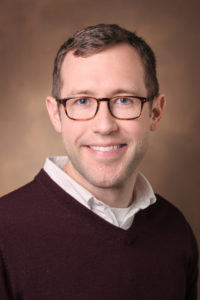
Amanda hopes her cancer journey is a positive example for her kids
April 22, 2024
This is a guest post by Amanda Reitz, a mother of three children who were 13, 9, and 5 years…
Read More
Dr. Frank Mason is a cell biologist and research assistant professor at the Vanderbilt University Medical Center in Nashville, Tennessee. He received a 2020 Young Investigator Award for his investigation of the “Therapeutic vulnerability of SETD2 mutant RCC.”
We spoke with Dr. Mason about his work and what it may mean for patients.
Dr. Mason: What we’re interested in understanding is how different types of kidney cancers arise and why some types of kidney cancers respond to therapy and others don’t. The vast majority of patients don’t respond to therapy or relapse. There’s a profound need for other therapeutic options for these patients and that was the impetus for doing this research.
We’re focusing on a set of tumors that are mutated in 20% of clear cell RCCs (ccRCCs), the largest group of kidney cancers. One of the most commonly mutated genes in ccRCC is SETD2, and loss of SETD2 causes mistakes during cell division that can lead to cancer. We identified that drugs targeting Polo-like kinase, which is also required to properly separate chromosomes during cell division, are particularly effective at killing cells lacking SETD2. Our goal is to determine why the combination of SETD2 loss and Polo-kinase inhibition kills tumor cells and test the inhibitors efficacy in samples derived from human kidney tumors. We think that, because ccRCC tumor cells already have one copy loss of SETD2, targeting and inhibiting Polo-like kinase may be an effective therapy for a vast majority of patients, not just the 20% with two SETD2 mutations.
Dr. Mason: Part of the proposal is to study the basic science of how these drugs kill RCC cells, but what I am really excited about is our ability to directly apply our findings to human kidney cancer. With our wonderful collaborations at Vanderbilt, we have developed a framework to isolate and grow samples from a tumor right after surgery. From a single patient sample, we can culture these tumors with multiple drug combinations and compare dozens of patients over time to determine whether someone with a specific mutation or type of kidney cancer could benefit most from a specific therapeutic regimen. We could also compare different drug combinations “head-to-head,” from the same patient to see what treatments might work best together. I think this will be powerful in identifying new therapeutic options for patients.
Additionally, we are excited about the possibility of utilizing Polo-like kinase inhibitors because in addition to killing tumor cells, they can also activate your immune system to fight tumor growth. This is particularly important because one way to currently treat kidney cancer is by using immune checkpoint inhibitors. A longer-term goal of ours is to see if Polo-like kinase inhibitors could be used with checkpoint inhibitors to increase their potency.
Dr. Mason: My training is so different from a clinician’s. I’m used to looking at cells in a dish. My wife is a pathologist and we talk a lot about basic science and how different it is from clinical or translational research. I thought, “there’s got to be a way to take my background as a cell biologist, looking at basic processes, such as how cells grow and divide, to understand more about cancer and its vulnerabilities.” And I believe I can discover something in a dish that will help a patient.
Dr. Mason: My wife did her PhD with Dr. Jeffrey Rathmell of Vanderbilt University Medical Center (VUMC). And when she got a job at Vanderbilt, I thought it would be a great opportunity to work with Jeff and Kim [Dr. W. Kimryn Rathmell, Chair of the Department of Medicine at VUMC and a member of the KCA’s Medical Steering Committee]. They’re such good people.
Their group has expertise in the genetics, immunology, metabolism, and clinical management of kidney cancer but they didn’t necessarily have expertise in cell biology. With the number of impactful papers on kidney cancer genetics in the past few years, I thought it would be a cool opportunity to do some cell biology to investigate how these genetic alterations cause kidney cancer and for me to work in a totally different environment. Working with Kim is fantastic. She is letting me run free and that autonomy to explore has led to interesting findings that could be fundamental in understanding how kidney cancers behave the way they do.
Dr. Mason: When I come to work, I walk through the cancer clinic to get to my lab. It’s powerful to see patients coming to get chemo, coming for follow-ups. I keep that in mind as I’m working every day and I’m optimistic that a basic scientist like me, especially working with a physician-scientist like Kim, can contribute to treating patients. The endpoint should be how we can help patients – that’s the goal and we work back from that, versus looking at cells in a dish and working forwards.